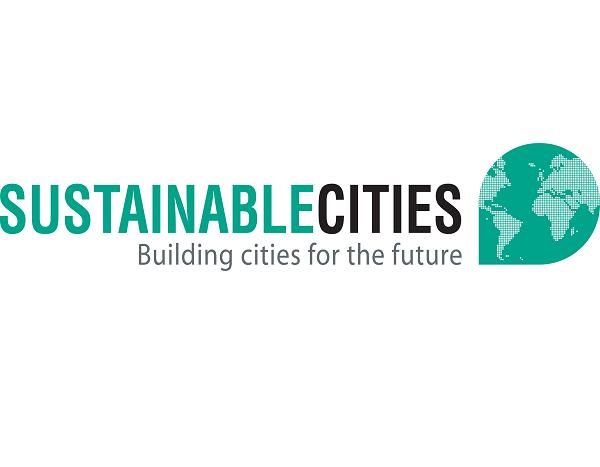Climate Action producing Sustainable Cities in partnership with UNEP
Climate Action, the UNEP supported communications platform for global business sustainability, is launching the second edition of Sustainable Cities, a quarterly publication produced in partnership with the leading organisations within the sustainable urban development sector. The first edition of Sustainable Cities was launched in 2012 at Rio+20 – the United Nations Conference on Sustainable Development, and subsequently will be circulated across the global sustainable development community and direct to Mayors and their city- wide senior policy, planning and procurement staff.

Climate Action, the UNEP supported communications platform for global business sustainability, is launching the second edition of Sustainable Cities, a quarterly publication produced in partnership with the leading organisations within the sustainable urban development sector.
The first edition of Sustainable Cities was launched in 2012 at Rio+20 – the United Nations Conference on Sustainable Development, and subsequently will be circulated across the global sustainable development community and direct to Mayors and their city- wide senior policy, planning and procurement staff.
Interviews that have been confirmed to feature in the upcoming edition include:
- Rt. Hon. Gregory David Clark, Minister of State for Cities, UK
- David Miller, Chairman of C40 Cities and former Mayor of Toronto
- Patrick Schumacher, internationally acclaimed architect and partner at Zaha Hadid Architects
- Paul F Downton, internationally acclaimed sustainable city theorist, activist and architect
And articles from the following have also been confirmed:
- Hanna Gronkiewicz-Waltz, Mayor of Warsaw
- Stian Berger Røsland, Mayor of Oslo
- Dieter Salomon, Mayor of Freiburg
- John Plowman, Chair, London Sustainable Development Commission
- Monica Barone, CEO, City of Sydney
- Susan Anderson, Director, Portland Bureau of Planning and Sustainability, USA
Half of humanity – 3.5 billion people – currently live in cities and by 2055 an estimated 75 per cent of the world's population will live in urban areas. Cities occupy just 2 per cent of the Earth's land, but account for over 70 per cent of both energy consumption and carbon emissions.
However, cities present the world's population with the best chance of reducing our ecological footprint. Urban areas are uniquely positioned to lead the greening of the global economy through improvements in transport, energy, buildings, technology, water and waste systems, as well as producing a wide range of economic and social benefits.
To achieve this, existing and new-build cities will have to adopt sustainable development strategies, including efficiency gains, innovative infrastructures and technological advancements in order to meet the demands of this rapidly growing urban population.
